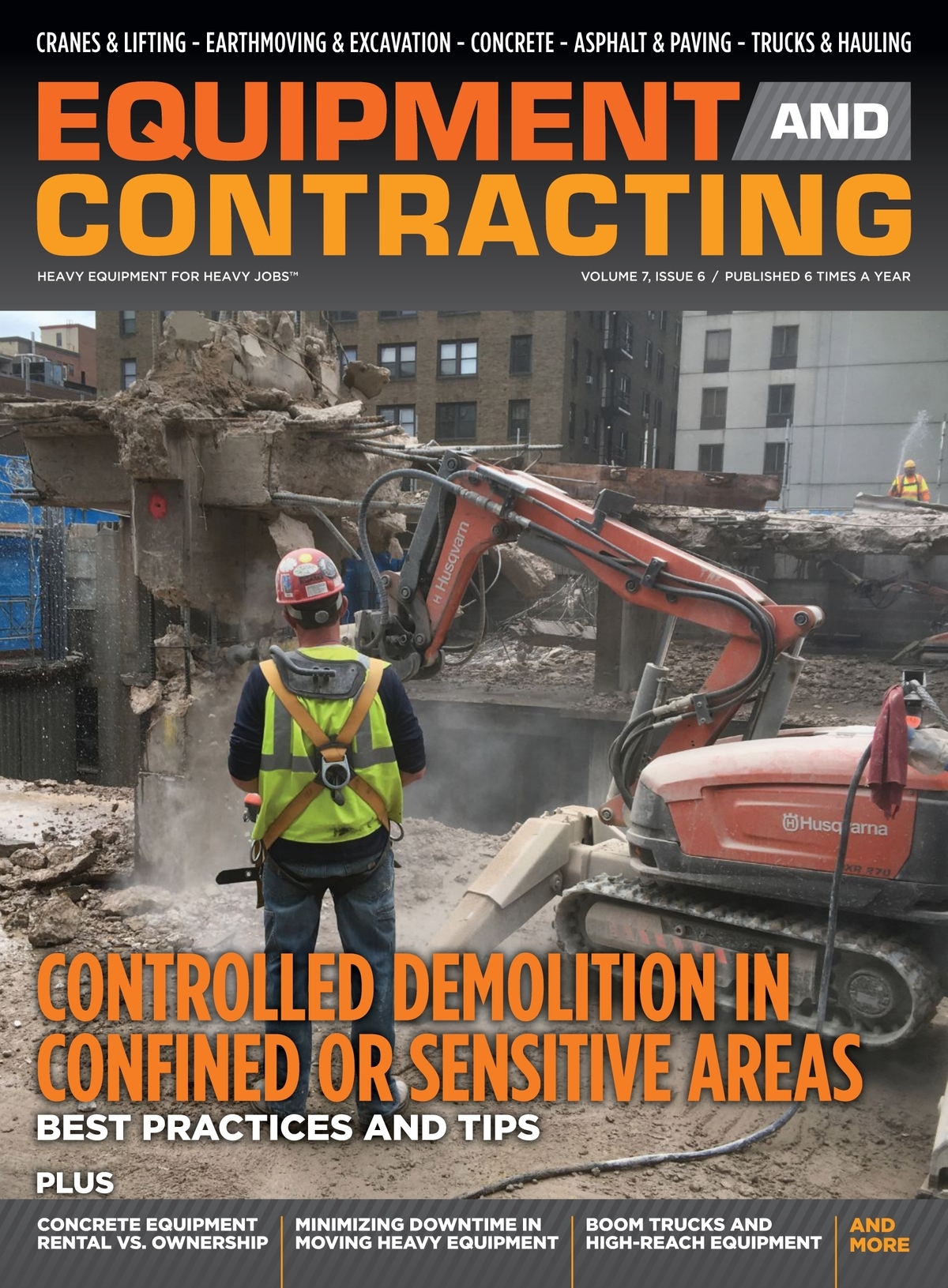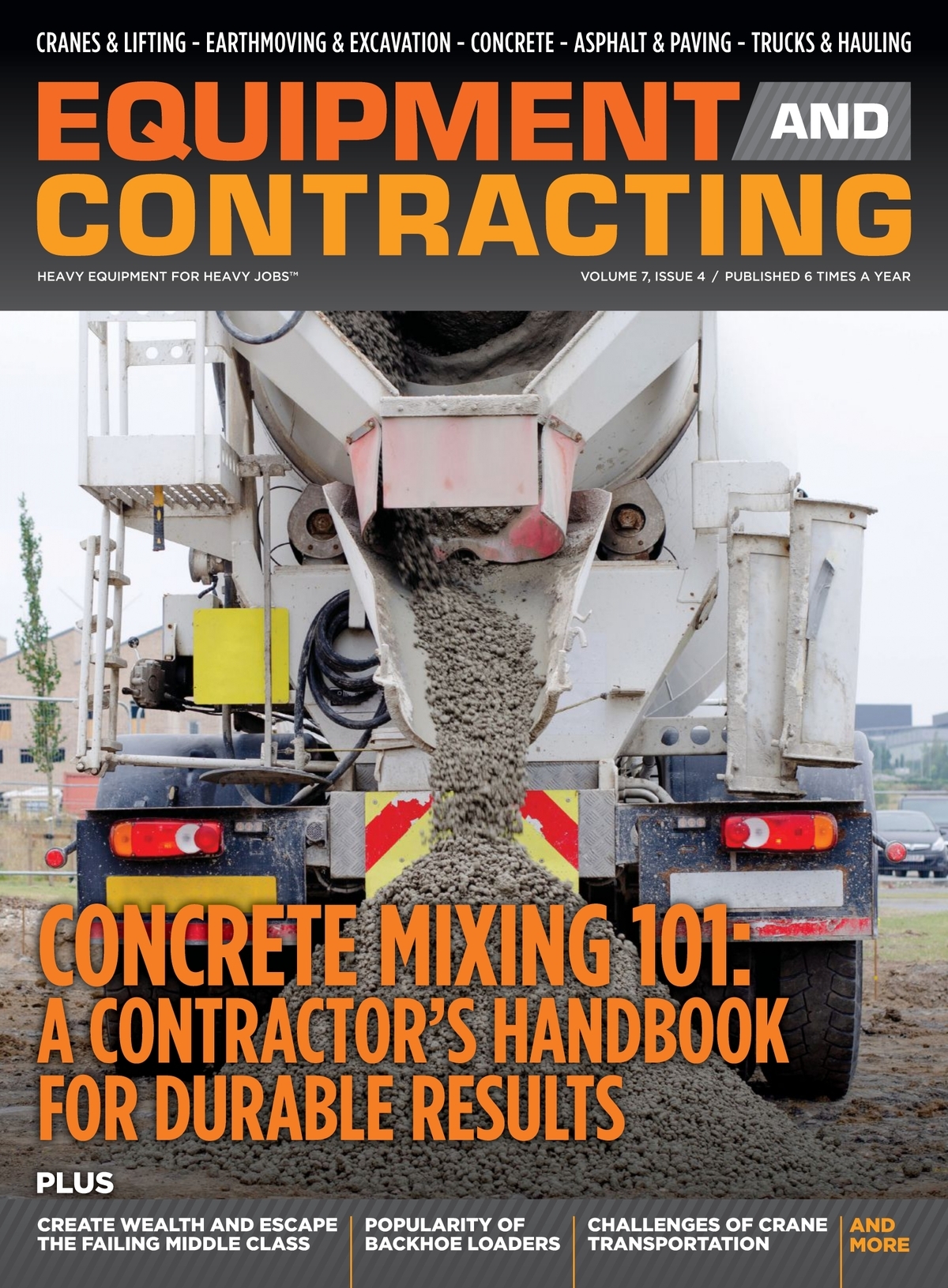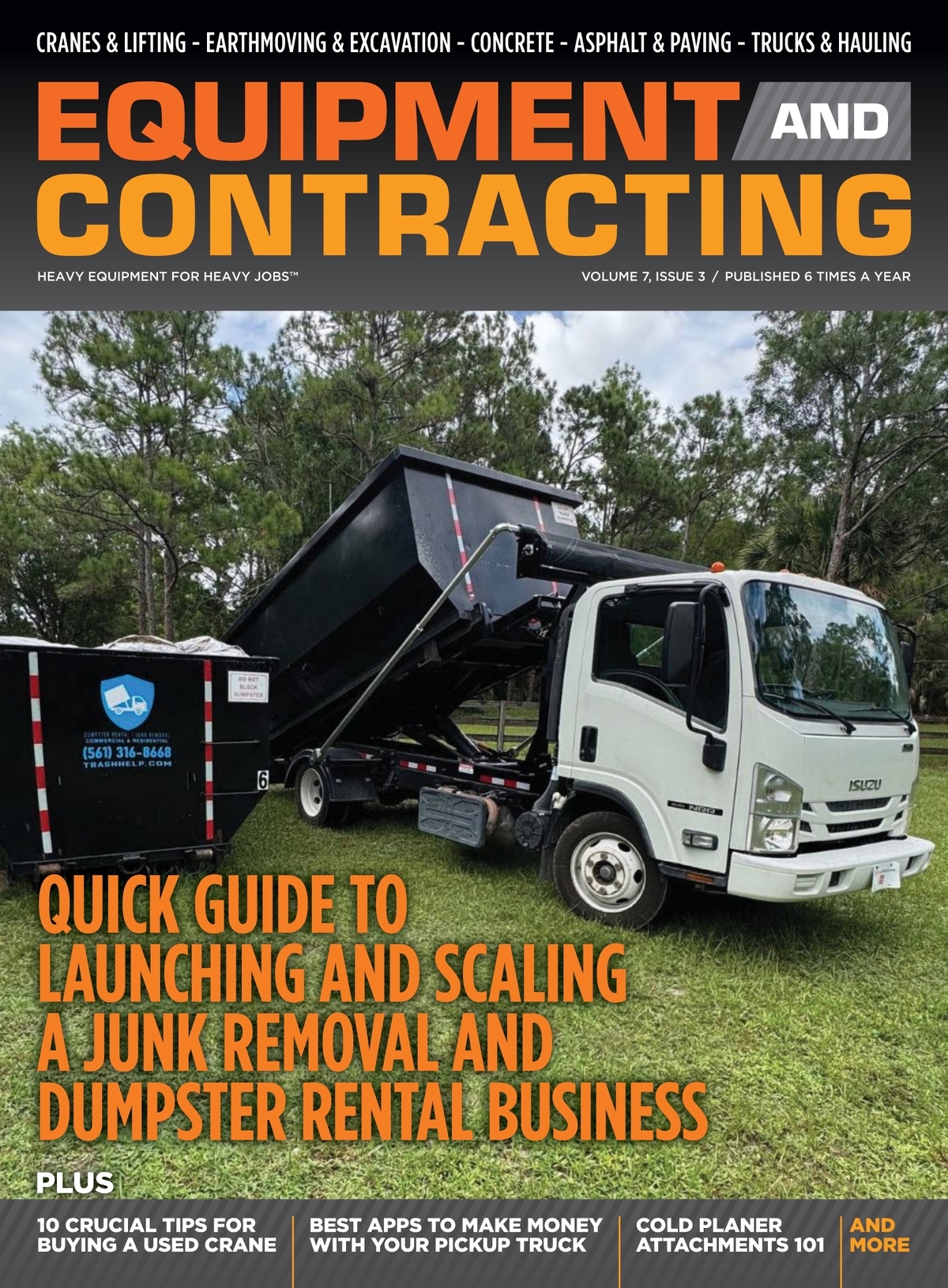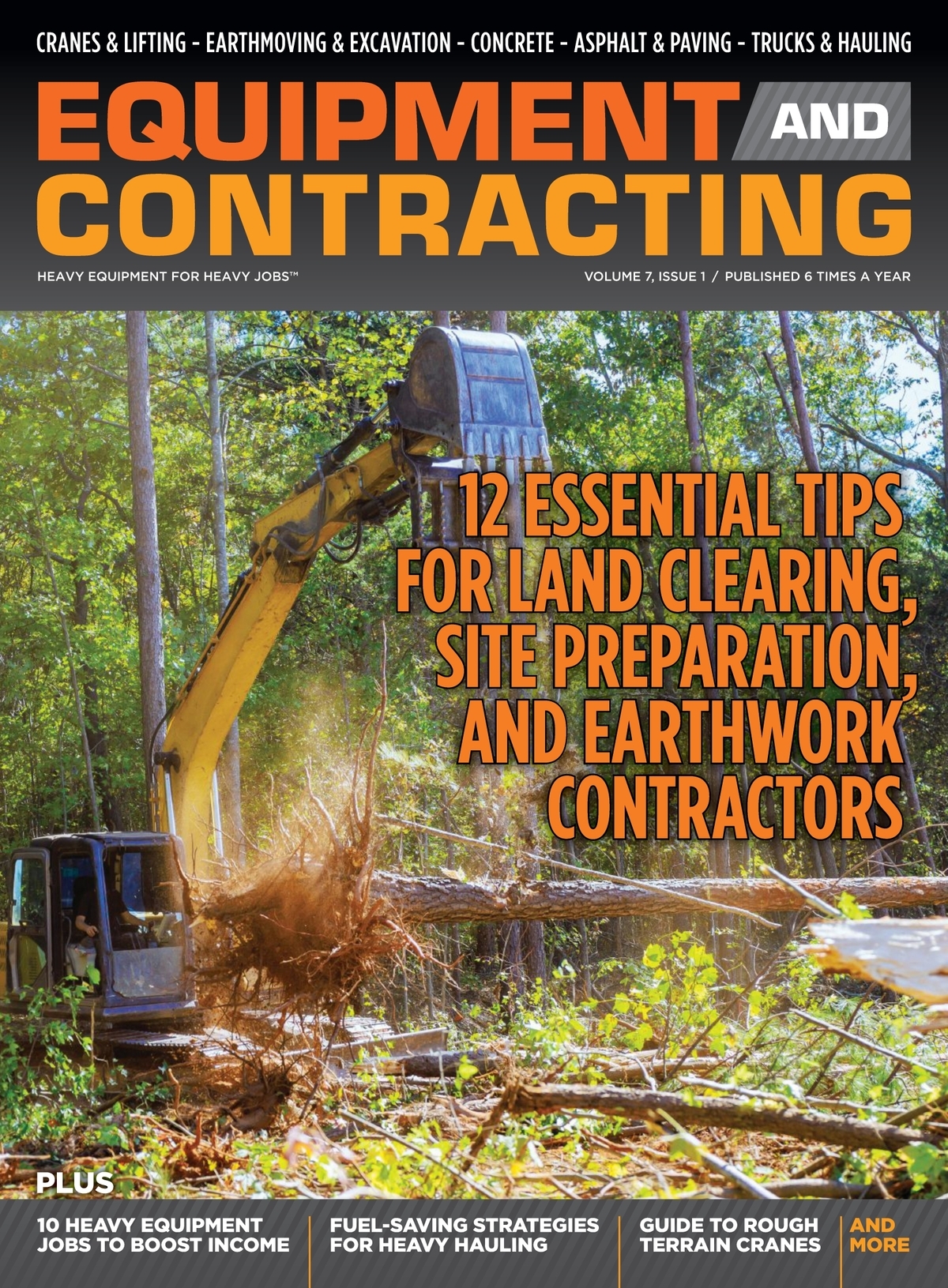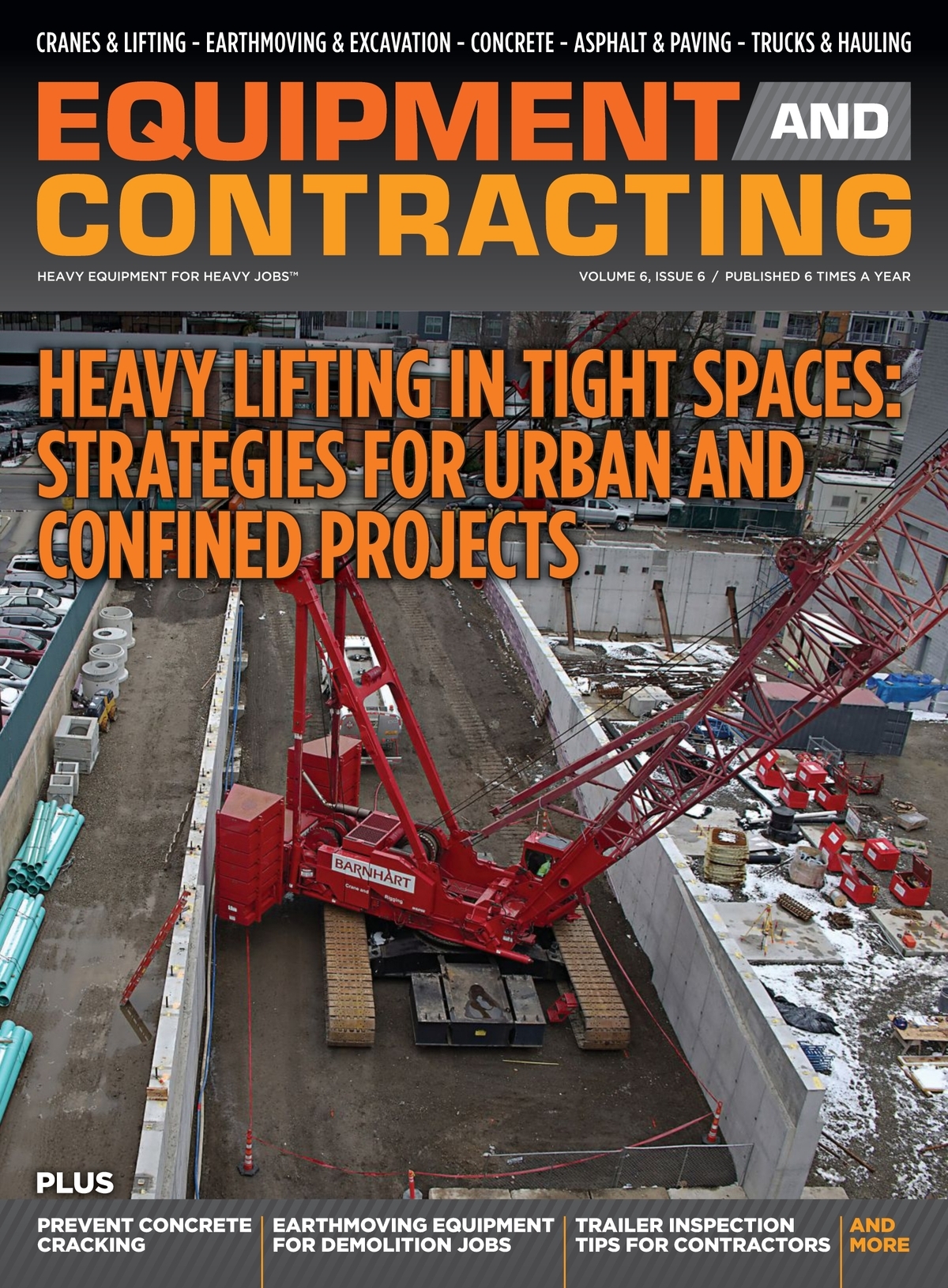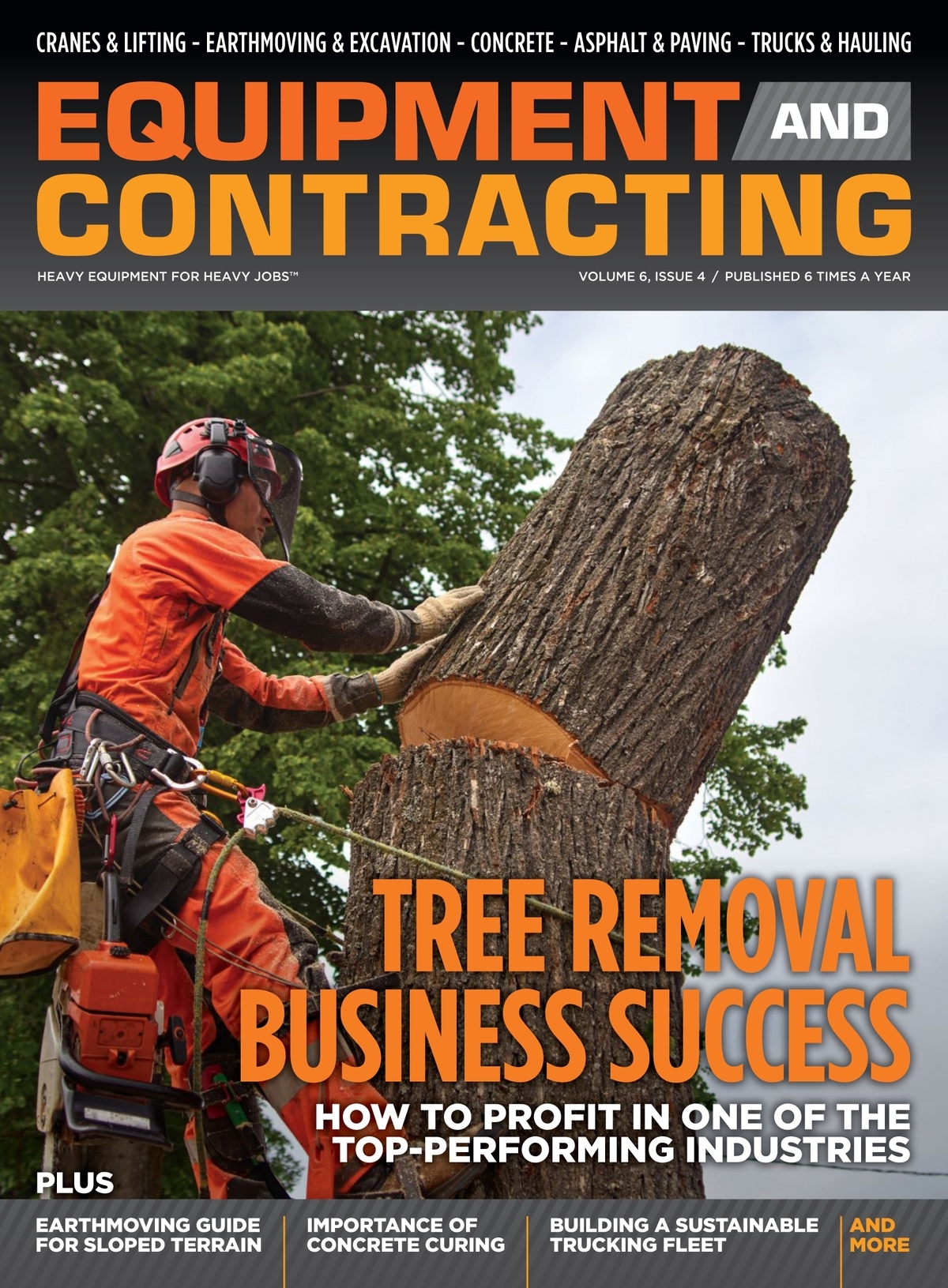
Starting a junk removal and dumpster rental business offers a lucrative opportunity to serve residential, commercial, and construction clients in the growing waste management industry. By combining active junk removal services, where your team handles debris pickup, with passive dumpster rentals, where clients fill rented containers, this model maximizes revenue streams. The dual approach allows flexibility to meet diverse client needs, from one-time cleanouts to ongoing construction projects, while balancing labor-intensive and low-maintenance services for operational efficiency. This guide provides a roadmap to launch your business—covering securing funding and estimating startup costs, acquiring essential equipment, setting service rates, obtaining permits and prioritizing safety, hiring and training your team, and developing a marketing and branding strategy to acquire customers.
Secure Funding and Estimate Startup Costs
Launching a junk removal and dumpster rental business requires significant upfront investment. Startup costs typically range from $50,000 to $150,000, depending on scale. Key expenses include vehicles, such as a box truck or pickup for junk removal ($20,000-$50,000) and a roll-off truck for dumpster delivery ($50,000-$100,000). You’ll also need 5-10 dumpsters in sizes like 10-30 yards ($3,000-$7,000 each), support equipment like dollies and safety gear ($1,000-$3,000), and insurance, including general liability and commercial auto ($3,000-$8,000/year). Additional costs cover permits and licenses ($500-$2,000), marketing for a website and ads ($2,000-$5,000), and operating capital for 6-12 months of expenses like fuel and wages. To fund your business, explore small business loans like the SBA 7(a) program, equipment financing, or personal savings and investor pitches. Create a detailed financial plan with revenue projections and a break-even analysis. Work with an accountant to ensure accuracy and attract lenders or investors. 
Acquire Essential Equipment
Efficient operations rely on the right equipment for junk removal and dumpster rentals. For junk removal, invest in a reliable box truck or heavy-duty pickup (e.g., Ford F-250) to haul debris. A roll-off truck with hydraulic systems is essential for delivering and picking up dumpsters. Start with 5-10 dumpsters in sizes like 10, 15, 20, and 30 yards to meet varied client needs, such as home cleanouts or construction projects. Support equipment includes dollies and hand trucks for heavy items, tarps to secure loads, and shovels for cleanup. Safety gear like gloves, steel-toe boots, and high-visibility vests is critical. Technology, such as GPS for route optimization and scheduling software (e.g., Jobber) for bookings, streamlines operations. Rent a yard to store dumpsters and park vehicles, ensuring compliance with zoning laws. Brand vehicles and dumpsters with your logo for visibility. Maintain equipment regularly to avoid costly downtime.
Set Service Rates
Competitive pricing attracts clients while covering costs. For junk removal, charge by volume (e.g., $100 for 1/8 truck, $600 for full truck) or by item (e.g., $50 for a mattress). Consider distance to disposal sites, labor time, and tipping fees ($50-$100/ton at landfills). For dumpster rentals, set rates by size and duration (e.g., $200-$300 for a 10-yard dumpster for 7 days). Include fees for overweight loads or extended rentals. Research competitors’ rates through their websites or quotes to stay competitive. Offer introductory discounts to attract clients. Provide clear, upfront quotes to build trust and bundle services, like junk removal plus dumpster rental, to boost revenue. 
Obtain Permits and Prioritize Safety
Compliance with regulations protects your business. Obtain a business license from your city, a waste hauler permit, and a DOT number for heavy vehicles crossing state lines. Secure environmental permits for waste transport and disposal. Insurance, including general liability ($1,000-$3,000/year) and commercial auto ($2,000-$5,000/year), is essential. Implement safety practices by training staff on proper lifting and hazardous material handling (e.g., paint, batteries). Require PPE like gloves and ensure trucks meet DOT standards. Work with a local attorney to navigate regulations. Post safety guidelines at your yard and review them regularly to maintain a safe work environment.
Hire and Train Your Team
A reliable team delivers quality service. Start with 1-2 employees, hiring drivers to operate roll-off trucks (CDL may be required) and laborers for heavy lifting. Admin staff can manage bookings and client inquiries. Use platforms like Indeed, screening for physical fitness and customer service skills, and offer wages of $15-$25/hour. Train staff on safety, including PPE use and hazardous material handling. Cover operations like equipment use and waste sorting (recyclables vs. landfill). Emphasize customer service, focusing on punctuality and professionalism. Foster a positive work culture and cross-train staff for flexibility in handling both services. 
Develop a Marketing and Branding Strategy
Attracting clients requires a strong marketing strategy. Create a memorable brand with a professional logo and tagline (e.g., “Clear Today, Gone Tomorrow”). Develop a website optimized for local SEO (e.g., “junk removal [city name]”) with service details and a contact form. Use Google My Business to enhance visibility. Invest in Google Ads or Facebook Ads targeting homeowners and contractors. Distribute flyers, post yard signs, and network with realtors and construction companies for referrals. Share before-and-after photos on Instagram and encourage reviews on Google and Yelp. Offer promotions, like 10% off first services, to build a loyal client base.
Getting Started
You’re now equipped to launch your junk removal and dumpster rental business. Secure funding and equipment to establish operations. Set competitive rates and ensure compliance with permits and safety standards. Hire and train a reliable team to deliver exceptional service. Implement a robust marketing strategy to attract clients. Partner with landfills and charities to manage costs and promote eco-friendly practices, ensuring your business thrives. View the complete article here.
How much does it cost to start a junk removal and dumpster rental business?
Startup costs typically range from $50,000 to $150,000, depending on scale and equipment.
What equipment do I need to launch this business?
You’ll need a box or pickup truck, a roll-off truck, 5–10 dumpsters, support tools, and safety gear.

